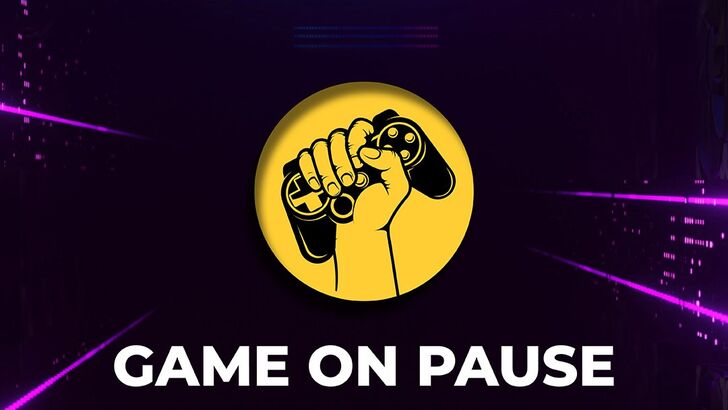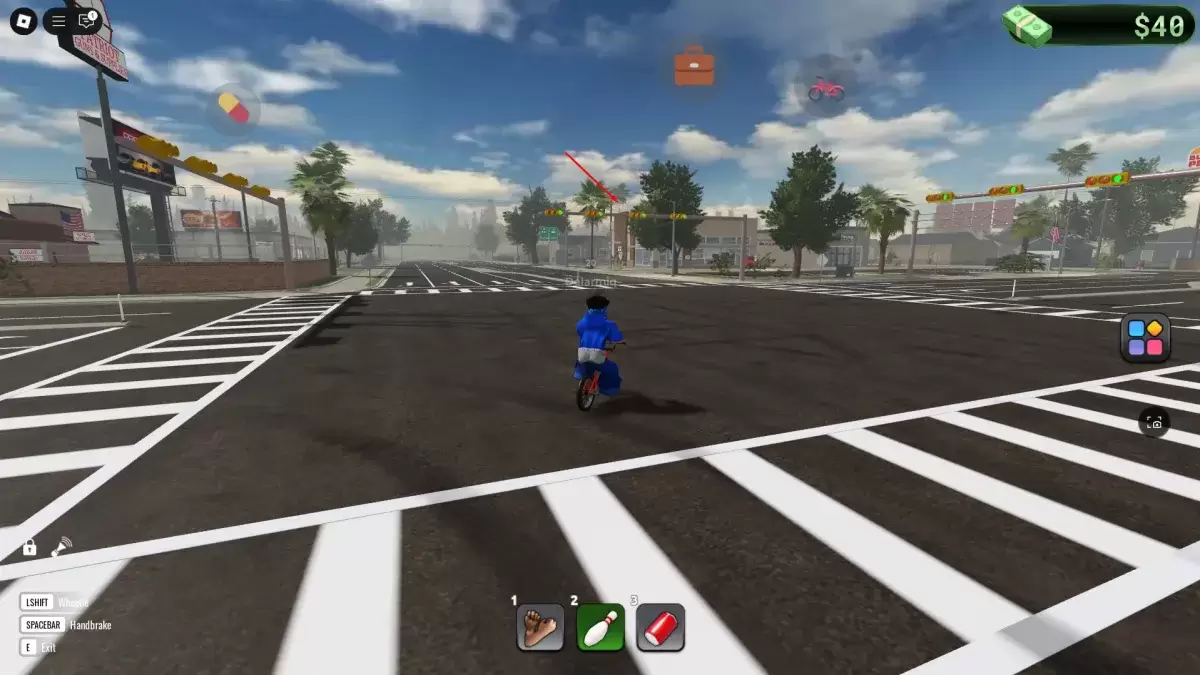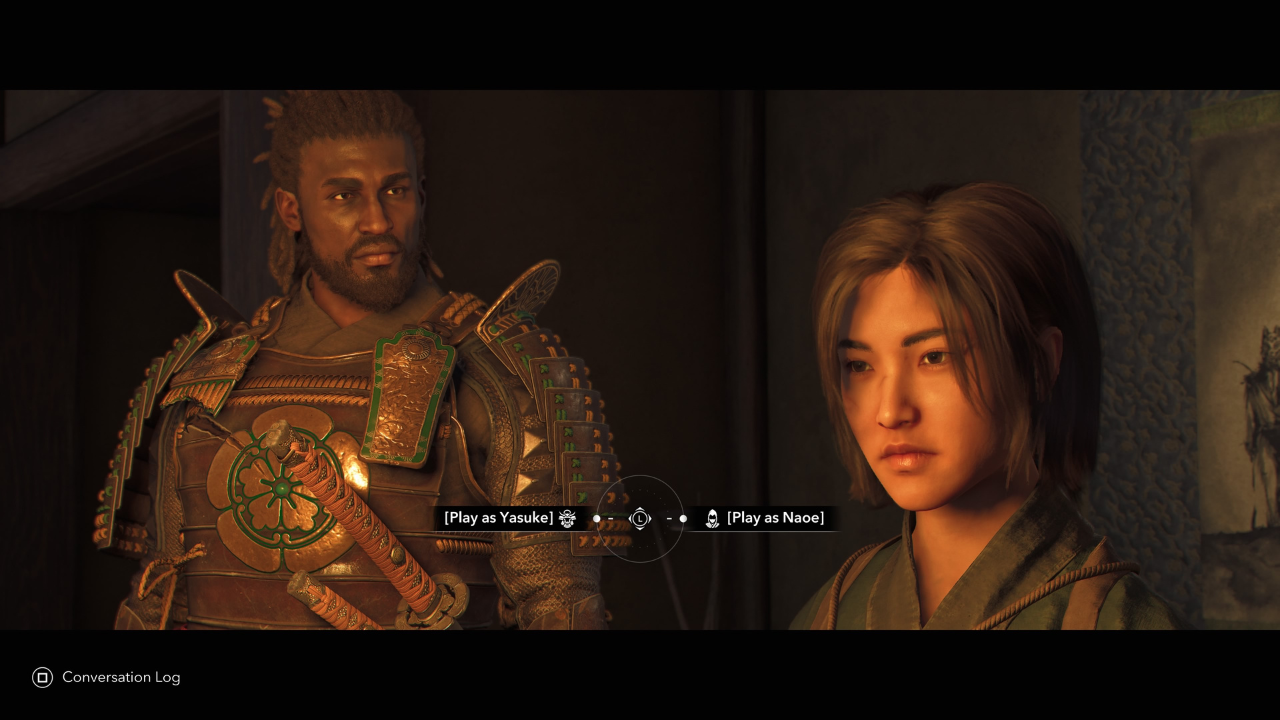
SAG-AFTRA's potential strike against major video game companies throws the gaming industry into uncertainty. The union's unanimous vote empowers its leadership to call a strike impacting all Interactive Media Agreement (IMA) contracts. This action stems from a critical standoff over AI usage in voice acting and performance capture, and fair compensation for actors.
The core dispute revolves around the unregulated use of AI to replicate actors' voices and performances. SAG-AFTRA demands robust AI protections, ensuring fair payment for actors whose likenesses are used, and clear guidelines regarding AI usage. Beyond AI, the union seeks significant wage increases (11% retroactive and 4% annual increases), improved on-set safety measures (including mandated rest periods and on-site medics), and protection against vocal strain.
The potential impact on game development is significant, although the precise extent remains unclear. Unlike film and television, video game production spans years. While a strike could slow development, the effect on release schedules is uncertain.
Ten major companies, including Activision, Electronic Arts, Epic Games, and others, are involved in the negotiations. While Epic Games CEO Tim Sweeney publicly supports SAG-AFTRA's stance on AI usage rights, other companies remain silent.
This conflict's history dates back to September 2023, when a near-unanimous vote authorized a strike. Negotiations have stalled despite an extension of the previous contract (expired November 2022). Past conflicts, including a 340-day strike in 2016, highlight the ongoing tensions over fair compensation and working conditions. A January 2024 agreement with Replica Studios, allowing voice licensing to AI, further fueled internal union tensions.
The potential strike underscores the broader debate about AI's role in creative industries. The outcome will significantly impact how AI is used in performance capture and the treatment of video game performers. A resolution that balances technological advancements with fair labor practices is crucial for the future of the gaming industry.









